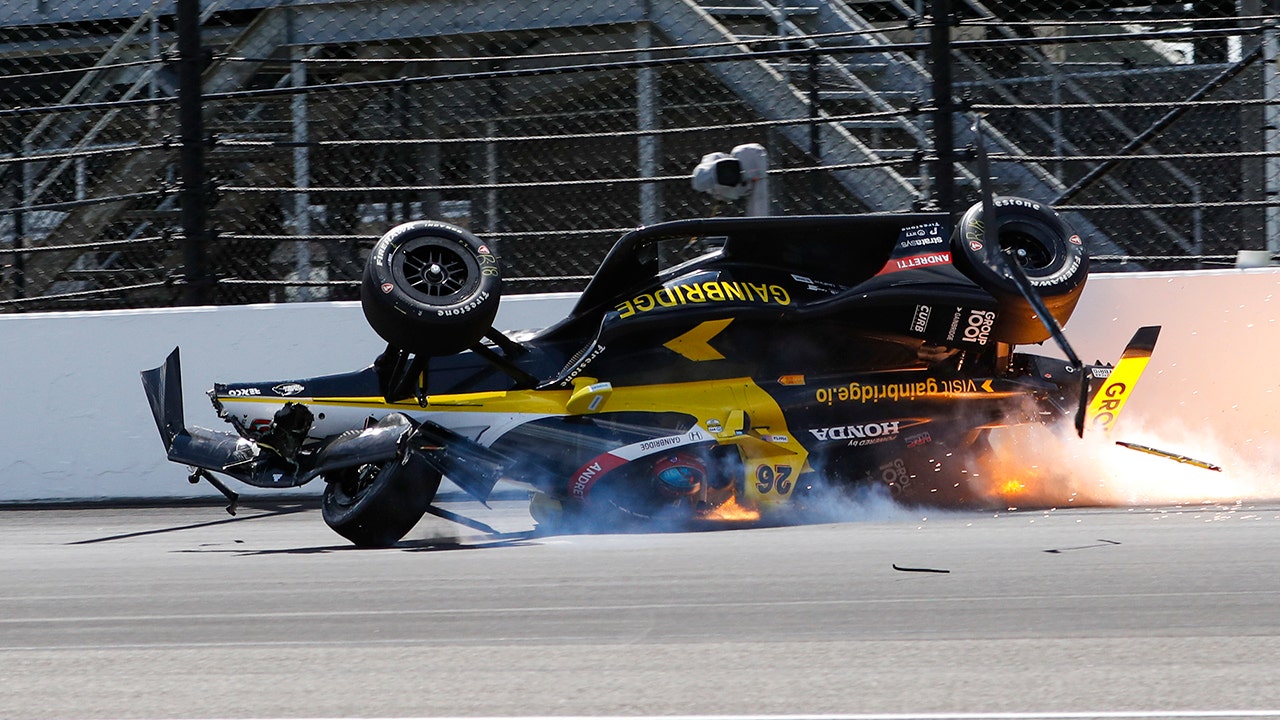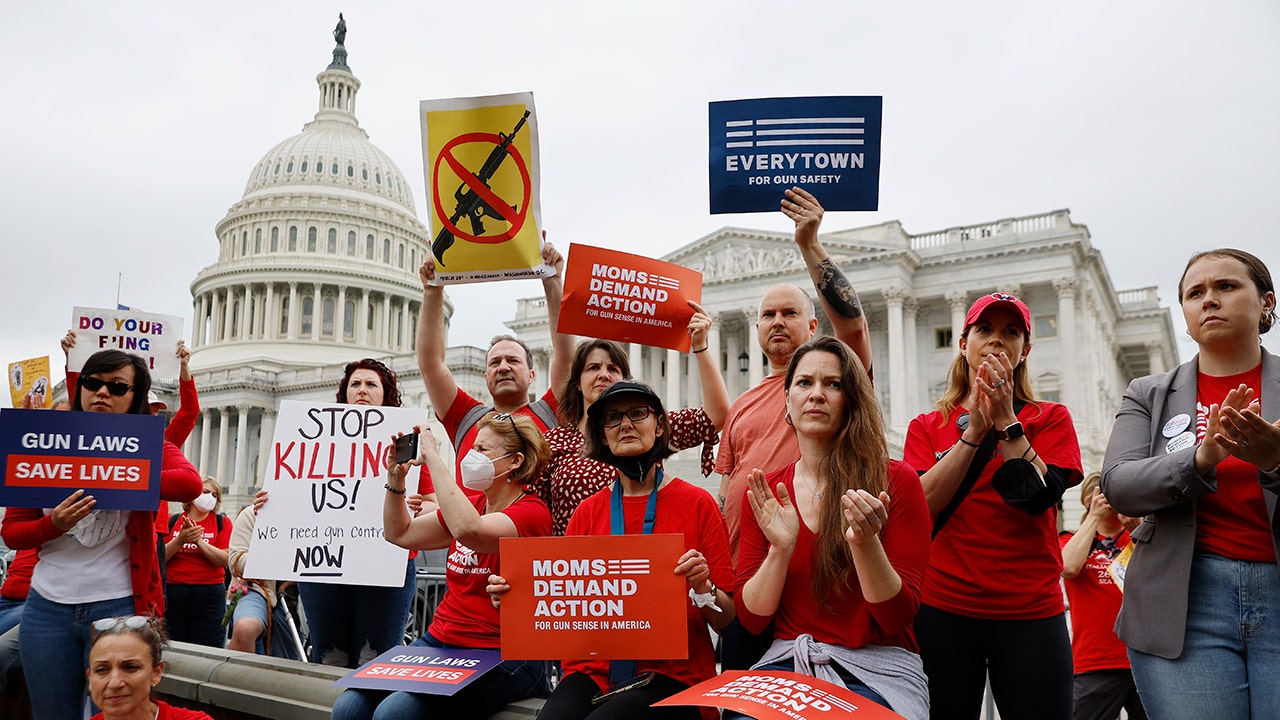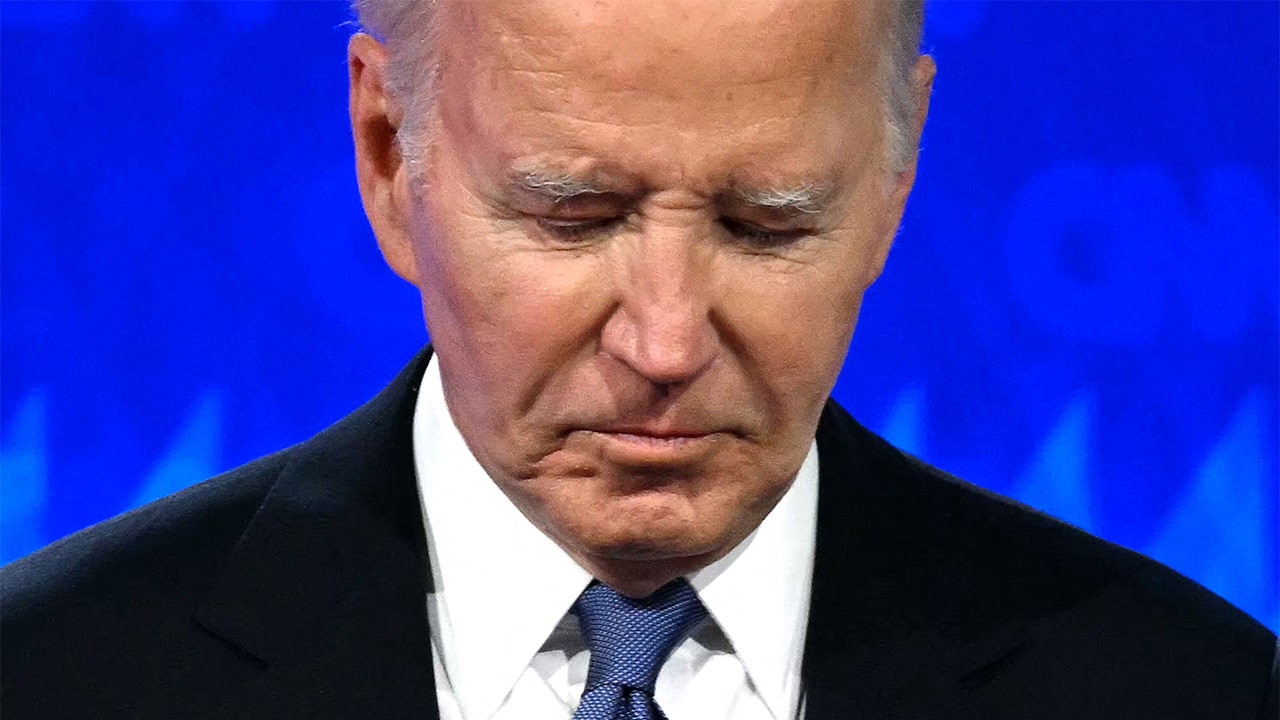A new era for the Catholic Church will begin this weekend as Pope Leo XIV formally inaugurates his papacy with a Mass in St. Peter’s Square. Although critics have nitpicked Leo’s past statements on some issues like immigration and climate change, a deeper dive into his theology reveals reason for optimism that he will be a righteous defender of Biblical truth and Christian values.
While the late Pope Francis left a commendable legacy in some areas such as digital ethics, some clergy and many rank-and-file Catholics were discouraged by what they viewed as a retreat from some traditional Church practices and beliefs. Almost immediately after Cardinal Robert Prevost was named Pope Leo XIV, social media posts began circulating highlighting his criticism of Vice President JD Vance and opposition to the Trump administration’s deportation agenda. The suggestion was that conservative critiques of Francis would apply to Leo as well.
But a broader look at Leo’s record indicates that he is far from the left-wing cultural crusader that some have made him out to be. An institution as ancient and complex as the papacy hardly maps neatly onto the modern American political spectrum. Moreover, Leo should at the very least be granted the opportunity to define what his papacy will look like.
As a young priest in Peru, for instance, Leo was a staunch opponent of Marxism and communism, calling out “communism disguised as solidarity that penetrated Christian circles.” In 1995, then-Father Provost also criticized Marxism for replacing Divine Grace with calls for revolution and elevating the state above God.
In 2003, during a spiritual retreat in Cusco, he warned that “extreme relativism” can enslave the soul in the name of “social justice.” In 2010, referring to same-sex unions, he told listeners, “We cannot bless what God did not build.”
As Bishop Provost, he also warned that “advocates for abolishing the two sexes aim to reinvent creation” and described “gender ideology” as cultural colonization.
To summarize, Pope Leo XIV has taken strong, clear stances in defense of traditional marriage, against gender ideology, and against cultural Marxism – hardly what one might expect from a “woke” pontiff. Additionally, when he first emerged to cheering crowds earlier this month, it was in the traditional papal dress (a red mozzetta, a stole, and a white rochet), a return to custom after Pope Francis opted for a white cassock. Leo also went with the traditional “Peace be with you” welcome, rather than Francis’s “Good evening.”
To non-Catholics, these nods to tradition may seem trivial. But to those with a deep understanding of the 2,000-year history of the Catholic Church, these are important choices that convey Leo’s respect for custom.
For this column, I interviewed several individuals with deep ties to the Church, including some who know Pope Leo personally. All of them independently stated their belief that Leo’s papacy will be defined by a defense of human dignity and inalienable rights. They also noted his commitment to Christian truth about Mankind’s relation to the Divine and determined opposition to Marxist ideology – something desperately needed in the Church today.
“Few people recognize this pope’s experience of the worst type of Marxist ideas, which he observed in those who unleashed enormous terror and violence on Peruvian society,” Professor Cordero Quiñones, who advised Brazil’s president in the 1980s, told me. “This experience must have deeply impacted this young priest. I would compare it to John Paul II’s experiences with communism and Nazism, which prompted him to strongly criticize violations of human dignity.”
The future Pope Leo XIV joined the Augustinian mission in Peru in 1985 while the country was embroiled in a wave of leftist violence carried out by a group known as the “Shining Path” that sought to establish a communist state modeled after Mao’s China. According to a report published in the late 1990s by the special commission that investigated the violence, the attacks, which resulted in an estimated 70,000 deaths, spiked a year before Prevost arrived.
Leo would have seen first-hand how some Catholic clergy, along with some Protestant church leaders, supported the Shining Path. As Cardinal Pio Laghi told me in an interview in 2004 before his passing in 2009, “The Vatican was concerned about those who found greater hope for salvation in the hammer and sickle than the Cross and who taught that the Apostles were the founding fathers of communism.”
During these challenging times in Peru, Father Prevost, like most of the clergy, had support from outspoken anti-communists like Cardinal Juan Luis Cipriani Thorne, a close friend of Pope John Paul II.
Cardinal Cipriani wrote the statement that later became part of the Vatican’s document condemning Marxist ideas in the church. He observed that some theologians, likening the poor of the Bible to the proletariat of Marx’s writings, perverted the gospel’s call for repentance by teaching that fighting moral evil was akin to class warfare. He also exposed the Marxist attack on traditional marriage, defending the Biblical definition as a bond between man and woman, a truth that liberation theologians contested.
“Father Prevost came from America during Ronald Reagan’s presidency, which marked a decisive effort against this ideology,” said Father Jose Suarez, a close associate of Cardinal Cipriani now residing in Europe. “These priests inspired by John Paul II were always welcomed with open arms.”
When asked whether Leo XIV’s tenure will be a continuation of Pope Francis’s legacy, Archbishop Georg Gänswein, the former private secretary for Pope Benedict XVI, responded: “it will be a completely new phase.” Indeed, in light of his formative experiences and steadfast convictions, Pope Leo XIV’s early steps as pontiff suggest not a continuation of the past, but the beginning of a new chapter rooted in timeless truths.
As the world watches this new papacy unfold, there is reason to hope that Pope Leo XIV will lead with both courage and clarity – defending the dignity of the human person while calling the Church back to its spiritual foundations. In a time of cultural upheaval and moral confusion, his fidelity to Scripture and tradition could provide a steady compass not only for Catholics but for all who seek truth, justice, and peace in a disoriented age.
Ben Solis is the pen name of an international affairs journalist, historian, and researcher.
Read the full article here











